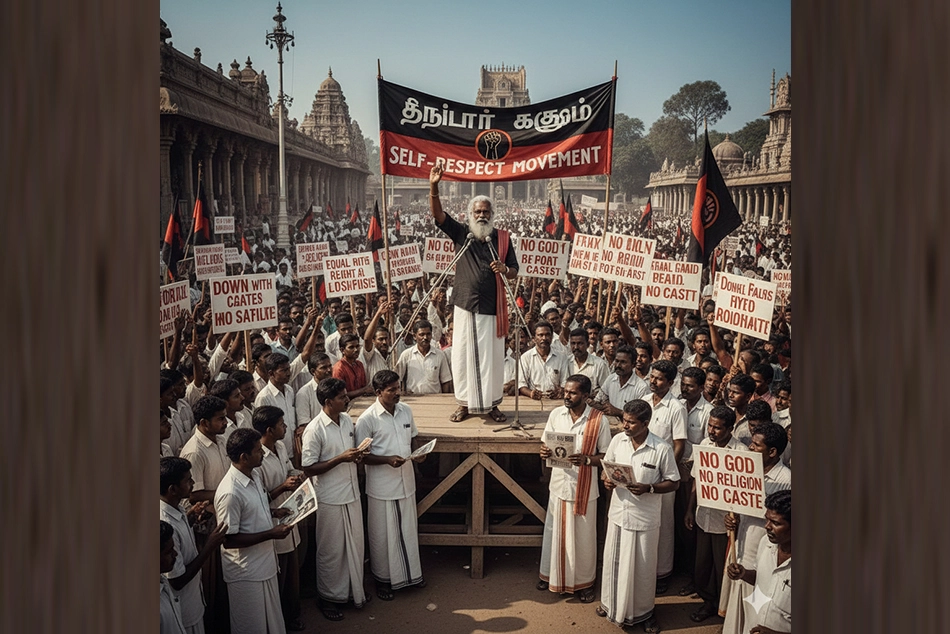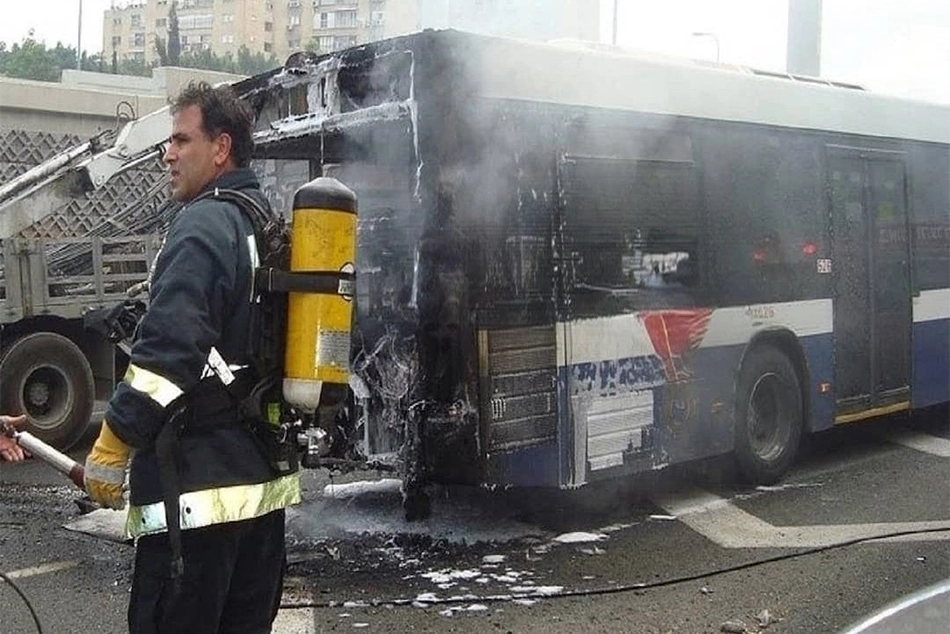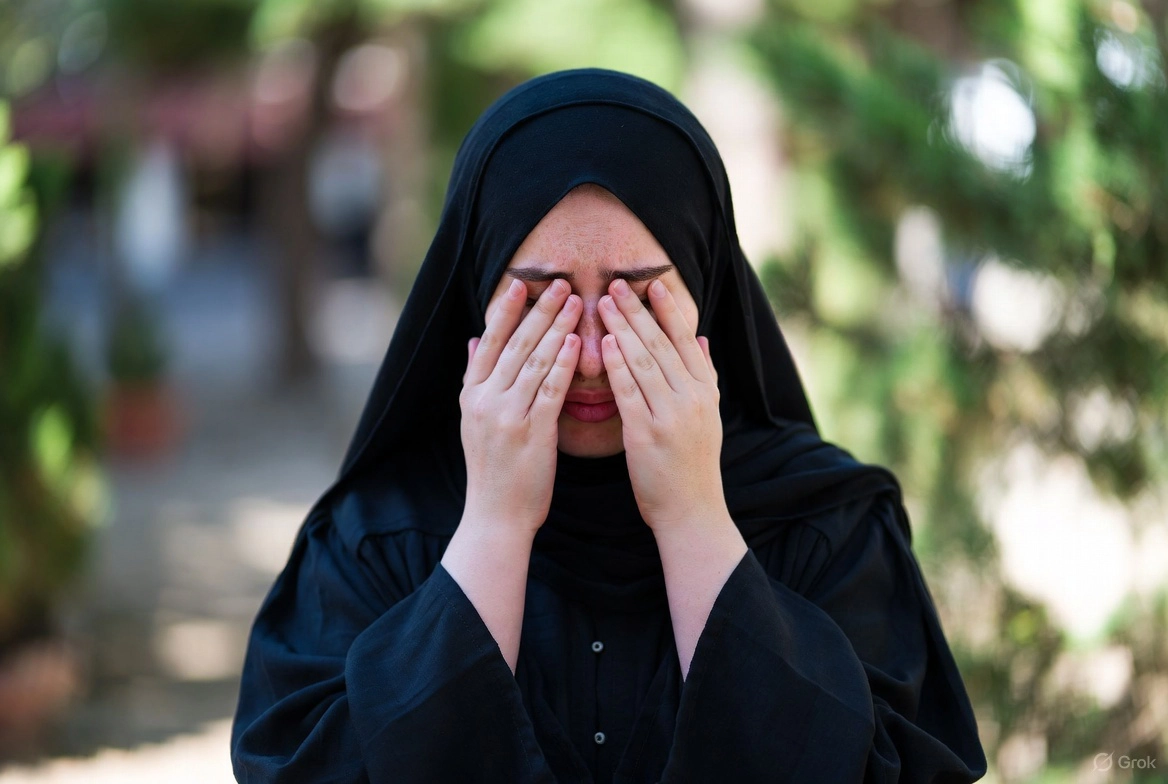
Trump's 'hanging' call marks new, deeply chilling threshold in U.S. history
What unfolded last week – when Donald Trump publicly called for the 'hanging' of six Democratic members of Congress — marks a new and deeply chilling threshold in the history of United States

American democracy has survived wars, racism, McCarthyism, and the long shadow of authoritarian temptation. But what unfolded last week – when Donald Trump publicly called for the “hanging” of six Democratic members of Congress — marks a new and deeply chilling threshold.
For the first time in modern U.S. history, a sitting President openly demanded the execution of political opponents. And he did so with the casual venom of a man who believes the law is beneath him and violence is his political language.
People are asking whether Trump has gone mad, whether he is senile, or whether he has simply lost control of himself. But from where I stand — having spent decades watching political strongmen rise in Central America, Latin America, Africa, and Asia — these questions miss the point entirely.
This is not madness. This is not confusion. This is not incoherence.
What America is witnessing is deliberate authoritarian cruelty, calibrated for maximum emotional impact and minimum legal accountability.
Trump’s words were not a slip of the tongue, they were an ideological statement. They declared that politics is war, that opponents are enemies, and that the idea of democratic coexistence is dispensable.
And yet, amid this political darkness, something extraordinary occurred — a moment of moral clarity that jolted Washington like an electrical current.
The Kelly–Mamdani Moment: When Fear Met Courage
Senator Mark Kelly – a man who has survived missiles, anti-aircraft fire, and war, responded first. His words were stark and unadorned: “I’ve survived missiles, anti-aircraft fire, and war. But I never thought I’d see a President order my execution.”
Coming from anyone else, such a sentence might have drifted past as rhetoric. Coming from a combat veteran who has felt death in the air, it was a warning: America is crossing lines that democracies do not survive.
Minutes later, newly elected New York Mayor Zohran Mamdani stepped before the press. His voice was steady, controlled, but edged with conviction: “Attacking Mark Kelly is an attack on all of us. A president calling for the death penalty for his political opponents – that’s not democracy. That’s the first strike against fascism.”
Mamdani was not being theatrical – he wasn’t – but because someone finally named the truth America has tiptoed around for nearly a decade.
Kelly answered in a livestream with the bluntness of a man who no longer has patience for political euphemism: “He wants to execute us? Try the Constitution first. Veterans don’t bow to cowards who want to hang their opponents.”
Mamdani reposted the clip a moment later with the caption that ricocheted across the country: “This is the difference between a hero… and someone afraid of the truth.”
Social media, newsrooms, community groups, and households erupted. Washington was shaken. Republican operatives scrambled into late-night meetings. The Kelly–Mamdani moment had broken the long, national habit of hedging around Trump’s authoritarianism.
And so, the question is not whether Trump is mad or senile. The real question – the one the country still resists is this: How far has America already travelled down the road to fascism that such statements no longer disqualify a leader?
Fascism thrives when political violence becomes normal. It grows when leaders portray opponents as enemies. It spreads when societies tolerate threats as “part of politics.”
It succeeds when institutions hesitate and people look away. Trump has mastered all of this. He has learned that cruelty is a political currency. He has learned that threats energise his movement. He has learned that outrage is a tool to exhaust institutions and unsettle citizens.
This is not instability. It is strategy. And it is profoundly dangerous.
[The writer, Ranjan Solomon, is a political commentator who believes that steadfast trust in democracy can unsettle fascism.]
Follow ummid.com WhatsApp Channel for all the latest updates.
Select Language to Translate in Urdu, Hindi, Marathi or Arabic







